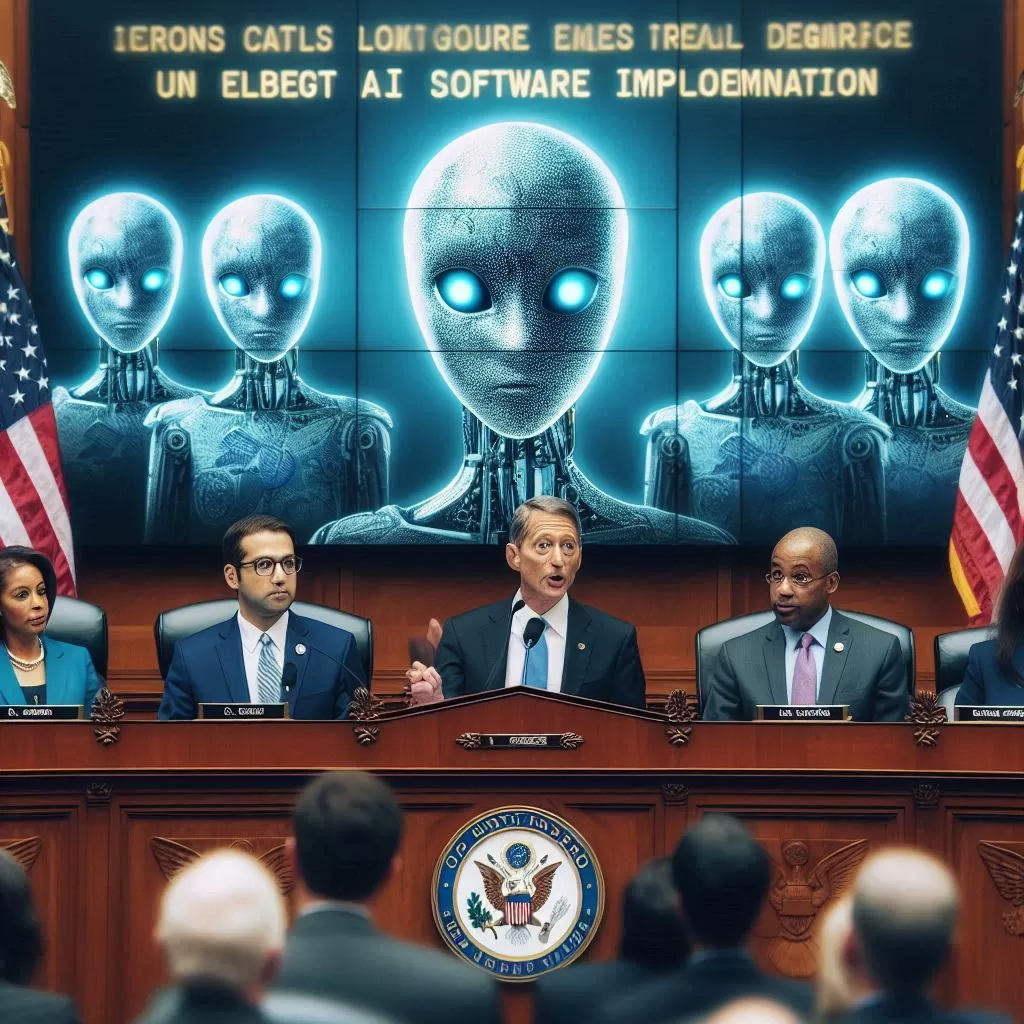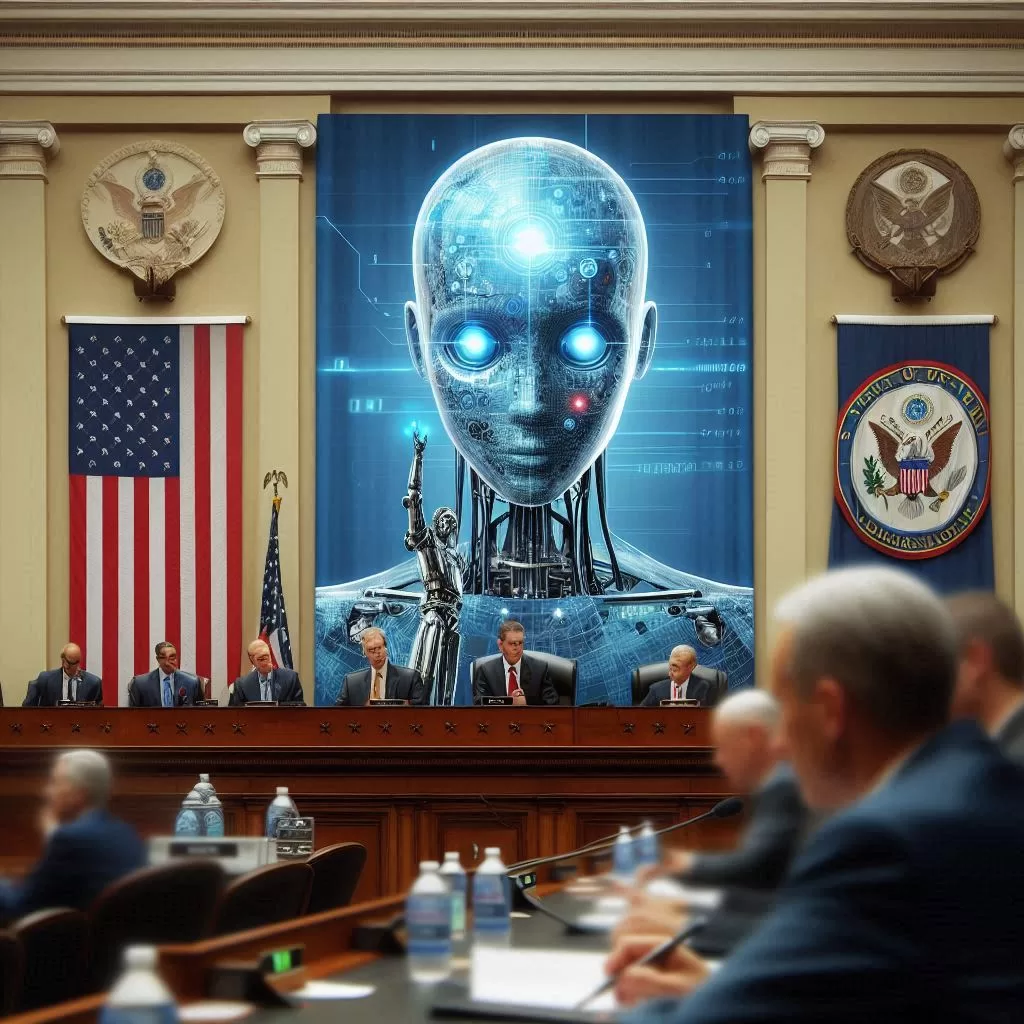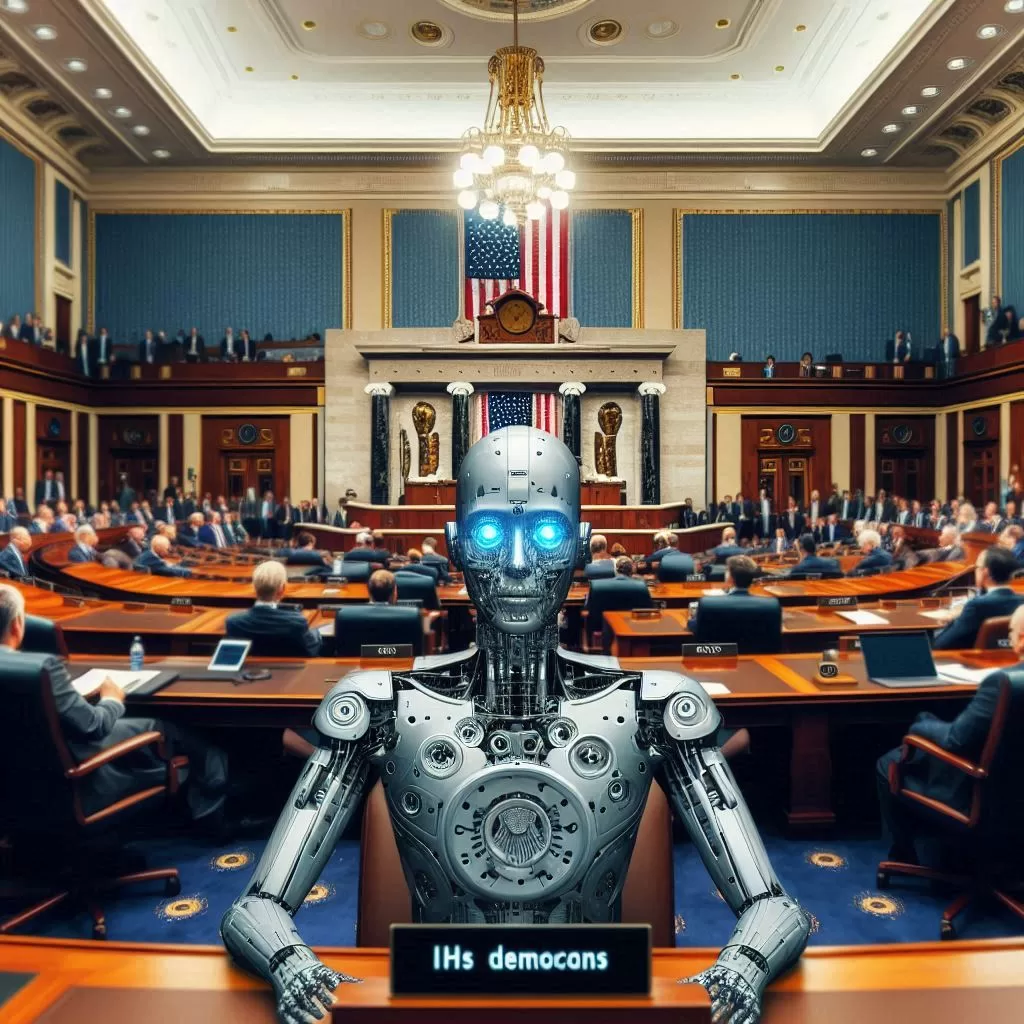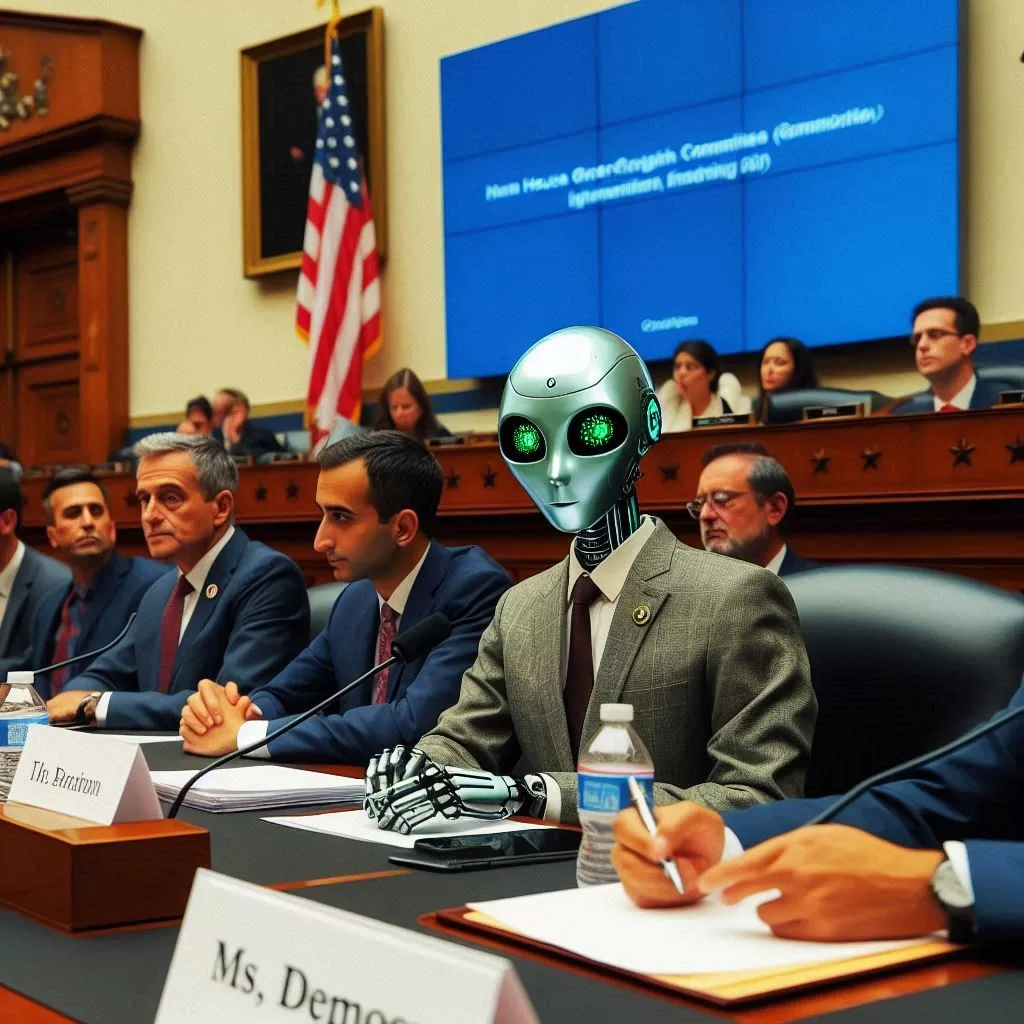In a significant move, Democrats on the House Oversight Committee have requested detailed information from federal agencies regarding their plans to implement artificial intelligence (AI) software. This initiative comes at a time when workforce reductions across federal agencies are raising concerns about the future of public sector employment and the potential benefits accruing to influential figures like Elon Musk.
The request underscores the growing importance of AI in government operations. Federal agencies are increasingly adopting AI to enhance efficiency, streamline processes, and reduce costs. However, this technological shift has sparked debates about its implications for job security and ethical governance.

One of the key issues highlighted by the Democrats is the lack of transparency in how AI systems are being integrated into federal operations. They argue that without clear guidelines and oversight, the deployment of AI could lead to unintended consequences, including biased decision-making and erosion of public trust.
The backdrop to this inquiry is a wave of workforce cuts across federal agencies. Reports indicate that thousands of federal employees have been laid off as part of broader efforts to downsize government operations. Critics argue that these cuts are being justified under the guise of efficiency but may undermine the capacity of agencies to serve the public effectively.
Elon Musk, who has been a vocal advocate for AI and efficiency in government, has emerged as a controversial figure in this context. As the head of the Department of Government Efficiency (DOGE), Musk has been instrumental in driving workforce reductions and promoting the use of AI in federal agencies. While his supporters laud his efforts to modernize government operations, detractors question the ethical implications of his approach.
Musk’s influence extends beyond policy recommendations. His private enterprises, which are heavily invested in AI technologies, stand to benefit from the increased adoption of AI in government. This dual role has raised concerns about potential conflicts of interest and the concentration of power in the hands of a few.

The Democrats’ inquiry also touches on the ethical dimensions of AI implementation. They emphasize the need for federal agencies to adopt AI systems that are transparent, accountable, and aligned with democratic values. This includes ensuring that AI does not perpetuate existing inequalities or infringe on individual rights.
Another critical aspect of the debate is the impact of AI on employment. While AI has the potential to create new opportunities, its immediate effect on the workforce has been disruptive. The Democrats argue that federal agencies must address these challenges proactively by investing in workforce retraining and ensuring a just transition for affected employees.
The role of the private sector in shaping AI policy is another area of concern. With figures like Musk wielding significant influence, there is a risk that public interests may be sidelined in favor of corporate priorities. The Democrats are calling for greater public participation in the policymaking process to ensure that AI serves the broader good.

The inquiry also highlights the need for robust regulatory frameworks to govern AI implementation. This includes establishing standards for data privacy, algorithmic transparency, and accountability. Without such safeguards, the rapid adoption of AI could exacerbate existing vulnerabilities in federal systems.
Musk’s recent comments on social security and federal benefits have further fueled the controversy. Critics argue that his push for cuts in entitlement programs reflects a broader agenda to prioritize efficiency over equity. This has sparked a broader debate about the role of government in ensuring social welfare in an era of technological disruption.
The Democrats’ initiative is part of a broader effort to hold the government accountable for its use of emerging technologies. They argue that transparency and oversight are essential to building public trust and ensuring that AI is used responsibly.
The inquiry also underscores the need for a balanced approach to AI implementation. While the potential benefits of AI are immense, its risks must be carefully managed to avoid unintended consequences. This includes addressing ethical, social, and economic considerations in a comprehensive manner.
As the debate unfolds, it is clear that the future of AI in government will have far-reaching implications. The Democrats’ inquiry is a timely reminder of the need for vigilance and accountability in navigating this complex landscape.
In conclusion, the Democrats’ request for information from federal agencies is a critical step toward ensuring that AI implementation aligns with democratic values and public interests. As the government grapples with the challenges and opportunities of AI, transparency and oversight will be key to building a future that benefits all.


